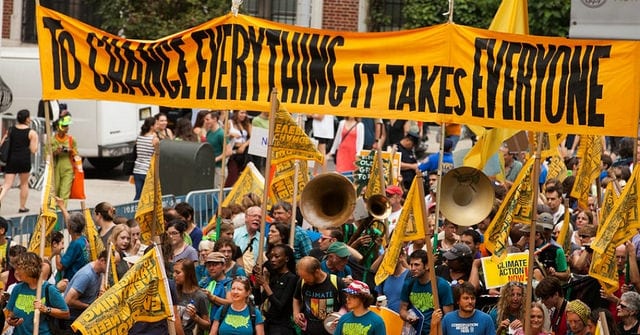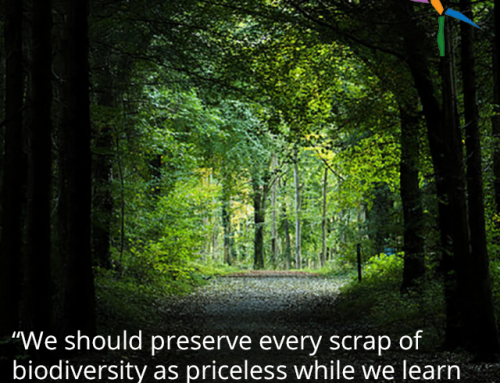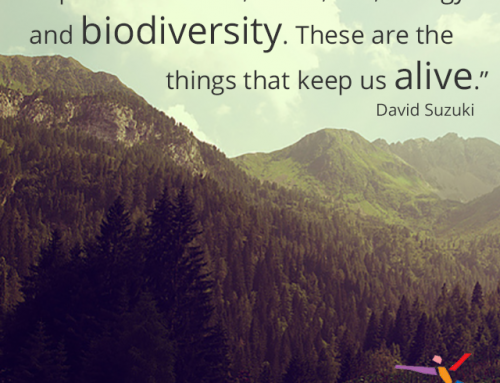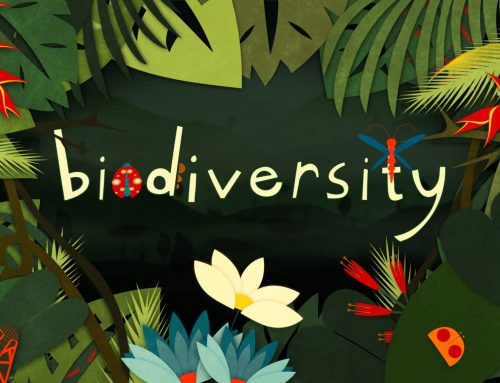It’s Earth Day month (and Arbor Day month), so we’re focused on talking about climate change, global warming and all things environmental. We admit that some of the articles we’ve written and posted this month are a tad shy of inspirational. There are plenty of reasons for that, but it would be erroneous of us to not say that part of the reason there’s so much contention about the science surrounding and realities of global warming and climate change is because the issue has become politicized. We know that right now you’re saying, “In the age of social media, what topic hasn’t been politicized?” Fair point. But we don’t have the length of a novel to discuss that topic in depth. What we’re going to do instead is explore some of the reasons that global warming and climate change became politicized and what we might do in order to unify the nation, even the world, around it.
Climate Change and Environmental Activism Has Been Around Much Longer Than It’s Been a Political Hot Topic
It may seem as though climate change and environmentalism have only recently come onto the radar, but long before the topic became a subject for debate in every election, there were climate activists. In fact, the very first Earth Day was celebrated in 1970. It wasn’t simply a “hippie thing” either. It was actually supported and made official by the United Nations. And it was a cause that much of the public cared about. In fact, in the early 70s, America pushed through several fundamental environmental policies with the majority support of the government and, for the most part, voters. The Clean Air Act was passed in 1970, the Clean Water Act was passed in 1972 and the Endangered Species Act was passed in 1973. So while there was political intervention in environmental issues and, naturally, the contention that comes with anything political, climate issues were considered a bedrock concern that both parties came together to pass bills on.
Then, A Perfect Storm. And Al Gore as the Ignition.
It wasn’t just climate change that became a polarizing political issue as the nineties took hold and turned to the aughts. All political issues became more polarizing as political parties each moved further to the extreme end of their spectrum. We caveat this by saying that we are not political scientists! However, as the two primary parties in the United States looked for ways to mobilize the bases of their parties, issues that were “pet issues” of the other party became gigantic targets for drawing lines of distinction. Al Gore, who at the time was one of the biggest and most popular faces of the Democratic party, became a spokesperson for climate concerns with the release of his passionate documentary, An Inconvenient Truth. With one of the most recognizable and powerful voices in the Democratic party championing the cause, political strategy from the other side was simple: discredit the concept, discredit the politician. But, of course, this isn’t the only thing that turned climate change into a highly politicized issue.
You Can’t Deny the Power of Money, Either.
We’re not telling you anything that you don’t already know when we say that money plays an enormous role in politics these days. And there’s plenty of money that’s wrapped up in legacy fossil fuels, systems, policies and industries that aren’t about improving environmental issues and stemming climate change as much as possible. Don’t be fooled – this money rolls into both sides of the political process. But it’s undeniably further entrenched in the right side. In some ways, that’s obviously a bad thing because it creates an entire political party that fundamentally is mis-educating and mis-governing when it comes to the health of the planet. In other ways, the fact that the money is as much of a powerful force on the left is an equal fear. How many anti-environmental issues have been passed under the radar because liberal politicians also rely on big money? The money drives the politics, and anti-environmentalism is a vested interest to anybody with that money to “protect.”
“But How Can People Not Understand the Science?”
We hear this a lot when we have this conversation. There are obviously lots of nuances to this statement. We could talk about education, religion, the human tendency to not want to see what threatens us most, especially in the long term … but for the purposes of this discussion, there’s only one thing that we need to say, and it will end the conversation. Science is not politics.
So, How Do We Turn This Around?
If you are a negative Nelly (and we all can be sometimes), then right now you are saying that there is no way to turn this around without one of three things: a)a major political revolution, b)a point of no return moment in climate change where an extinction event sets in and there is no way to argue the point any more or c)the financial point where it benefits the rich and large corporations to get behind the idea of environmental issues. We’ll be honest. There are days when we are down and feeling discouraged and we agree with those sentiments. But then there are the rest of the days. The days when we see hope and progress happening. And in those days we realize that there are answers that don’t require hitting rock bottom first.
The answer, of course, is education and inspiration. In the category of “even more things that we’re telling you that you already know,” American science education is at an all-time low. Yes, we know that some of this is because of the politicization of education. But the answer to creating coalescence around the need to act on climate change from a political and actionable stance lays in massive education and marketing. And it doesn’t need to be controversial education. Simple science facts will stand for themselves even when not contextualized in the frame of climate science. We trust in that. Because we are optimists.
And because it has to happen. It absolutely has to.
Did we miss an angle on how global warming has become a political issue? Tell us about it on the social media channels below.
Facebook | Twitter | Instagram | Tumblr | Pinterest | Google+ | Medium
Photo Credit: South Bend Voice via Flickr





